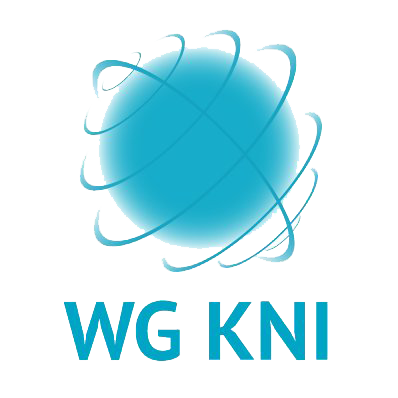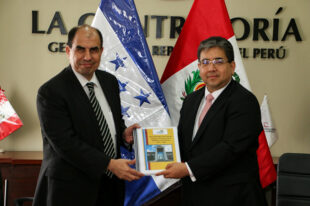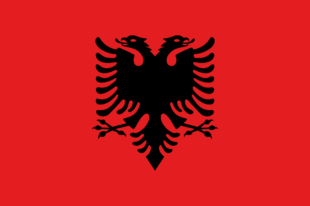WGKNI Forges Ahead to Develop KNI Guidance

The International Organization of Supreme Audit Institutions (INTOSAI) Working Group on Key National Indicators (WGKNI) met in Rome, Italy, March 26-29, 2018.
The event, hosted by Italy’s Corte dei conti, included delegates from Supreme Audit Institutions (SAIs) along with special guests from the Italian Parliamentary Budget Office and University of Rome. Observers from the INTOSAI Development Initiative (IDI) and Deutsche Gesellschaft für Internationale Zusammenarbeit (GIZ) also participated.
Mr. Angelo Buscema, President of the Corte dei conti, and WGKNI Secretariat, Mr. Dmitry Zaitcev, Accounts Chamber of the Russian Federation, welcomed participants to the week-long event that focused on progress made in auditing the use and development of KNI; macroeconomic forecasts; national experience using KNI in SAI activities; and potential future sub-projects.
In her presentation, Ms. Barbara Dutzler, GIZ, noted that SAIs have repeatedly revealed fundamental weaknesses in public financial management, but actions are often not taken. Institutional structures are like icebergs, Ms. Dutzler explained. Laws are above the water, while values and norms remain below. She emphasized that changing laws is not enough and stressed the “below the water” issues require attention. Ms. Dutzler added that SAIs are uniquely positioned to address both.
Leveraging collaboration and cooperation is key, and Ms. Jana Juriova, SAI Slovak Republic, presented an exciting example of a such an effort. The “Benchmarking Information Exchange Project” employs a KNI audit and unites multiple SAIs that share information on several topics, including government real estate, public purchasing, road infrastructure and social housing.
While collaboration and cooperation are important aspects, guest speaker, Mr. Enrico Giovannini, Professor of Economic Statistics at the University of Rome, noted that communication is also essential.
Mr. Giovannini’s speech on the political economy of indicators, data revolution and research on Sustainable Development Goal (SDG) trade-offs included a need to overcome an important communications gap—a language barrier that exists between economists and the people.
IDI continues to work with SAIs on national preparedness to implement the SDGs, and cited positive statistics. Roughly 70 SAIs are currently reviewing national progress.
Despite such a strong number of SAIs reviewing SDG implementation progress, Mr. Leonardo Naves Sousa, SAI Brazil, explained in his “KNI Systems and Public Governance” presentation that most SAIs do not review links between KNI and governance.
However, SAI representatives attending the WGKNI meeting discussed numerous initiatives that point to a change in monitoring such linkages, such as mapping public programs to ensure linkages to national goals; connecting audit entity strategic plans to national development strategies to ensure audits are centered on the most important national prorities; and including indicators in national economic planning.
“The guidance on assessing and using KNIs is based on a maturity model,” asserted Mr. Anton Kosyanenko, Accounts Chamber of the Russian Federation, and he added, “We all start from different places and can learn from one another on how to progress.”
Learning how to progress and how to address challenges that still exist were key outcomes of the WGKNI meeting. WGKNI members also approved the 2018 working plan, which outlines established goals and objectives the group aims to accomplish in the coming year.
To get the latest news from WGKNI, follow them on Twitter at twitter.com/wg_kni.





